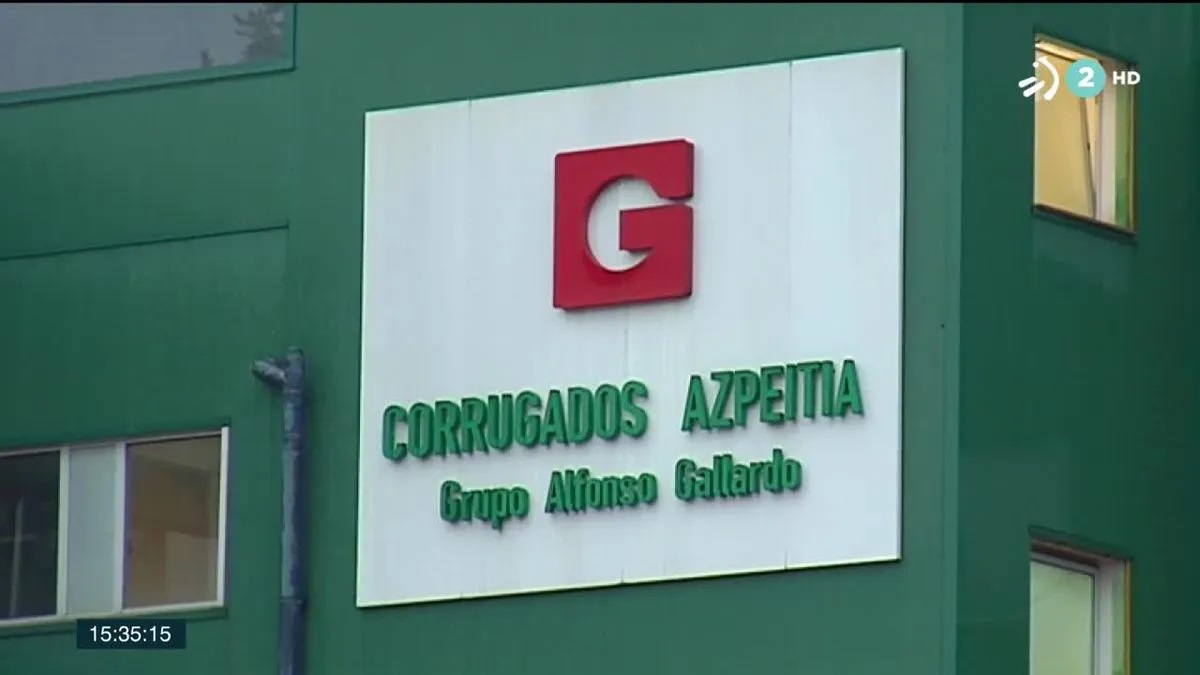

There have always been conflicts or conflicting positions around government-driven projects rejected by city councils, discrepancies are part of political life. But it seems that lately they have multiplied in the CAPV: project of extraction of gas from the soil in Vitoria-Gasteiz, landfill in Lezama or Azkoitia, Corrugated plant in Azpeitia... In Azpeitia there is EH Bildu in the city hall, in the other three municipalities the PNV.
As in the previous cases, mayors often position themselves against projects to be implemented from higher hierarchical levels. Sometimes with conviction, sometimes with fear of losing votes tactically. When the rulers of the City Hall and, in this case, the government are members of the same party, tensions may arise that harm the party. Tapia Law can help to defuse this kind of tension, as it allows the mayor to position himself ‘firmly’ against the project before his citizens, with the peace of mind that once declared IPGP is not his competence. In Vitoria, Javier Maroto, of the PP, did so with the nuclear power plant in Garoña, turning the supposed knot that could be counterproductive into a source of vote. Of course, the Tapia Law can also be a source of conflict in the same direction, as both the party mayors and the opposition will be responsible for covering the bad breath of imposition.
"What if the government had named IPGP the Corrugados factory and the ‘jobs’ and ‘wealth’ it brought with it? What would happen in a context of greater poverty and unemployment?"
We can also imagine a more biased use of the Tapia Act. The Government can ensure ‘peace’ in the cities or towns that it governs and considers strategic, avoiding controversial projects. Or it can provoke a ‘war’ in municipalities that want to harm the governed opposition, carrying out projects that the city council does not want but that can elicit favorable and negative attitudes among citizens – with a proper ‘collaboration’ from the media. What if the government had named IPGP the Corrugados factory and the ‘jobs’ and ‘wealth’ it brought with it? What would happen in a context of greater poverty and unemployment?
Without going any further, the PNV has presented to the European funds Next Generation, which focus on the ‘green’ energy transition, the private university AHT and EUNEIZ, or the works of the loading and unloading pier of the English Court of Vitoria, with the objective of “revitalizing local trade” and “ending hunger”. What project cannot be called "higher public interest" or "urgent" in the name of energy, economy or jobs? Even in more prosperous times Petronor, the military industry or mass migration have hardly generated contradictions because they give in society ‘employment’ and ‘wealth’… What can we accept citizens in times of impoverishment, collapse and fear?
There is a risk that the Tapia Law will be a tool for imposing a socio-economic model and for activating and deactivating top-down conflicts and turning it into a lever for questioning the governance and society model.
* This article is part of a report of three other articles:
- Tapia Law: Government more power, municipalities less.
- Eudel on the Tapia Law: "PGIPs are imposed on municipalities with little participation".
- Concern about popular movements: "In Bergara they could apply the Tapia Law to impose the incinerator."